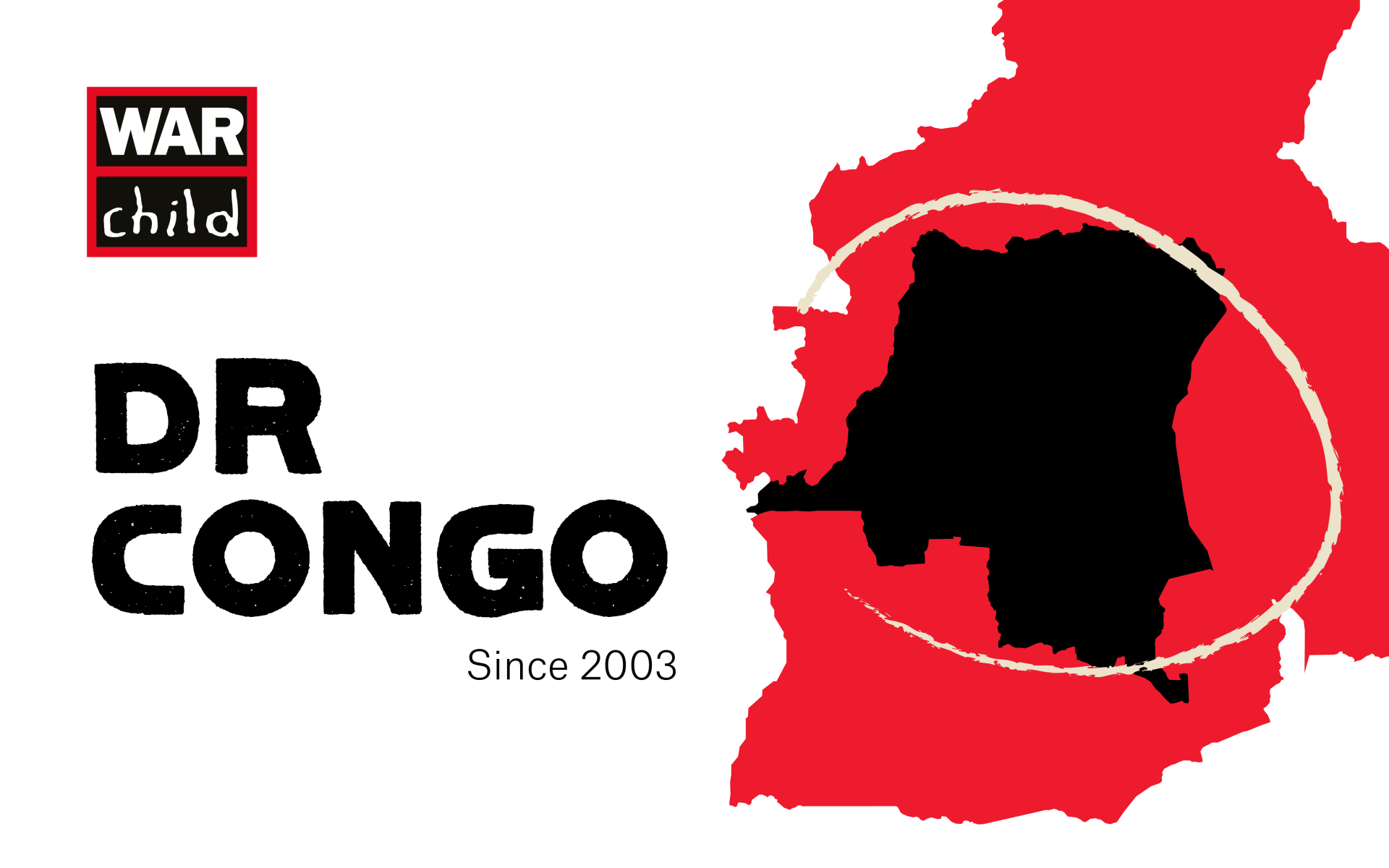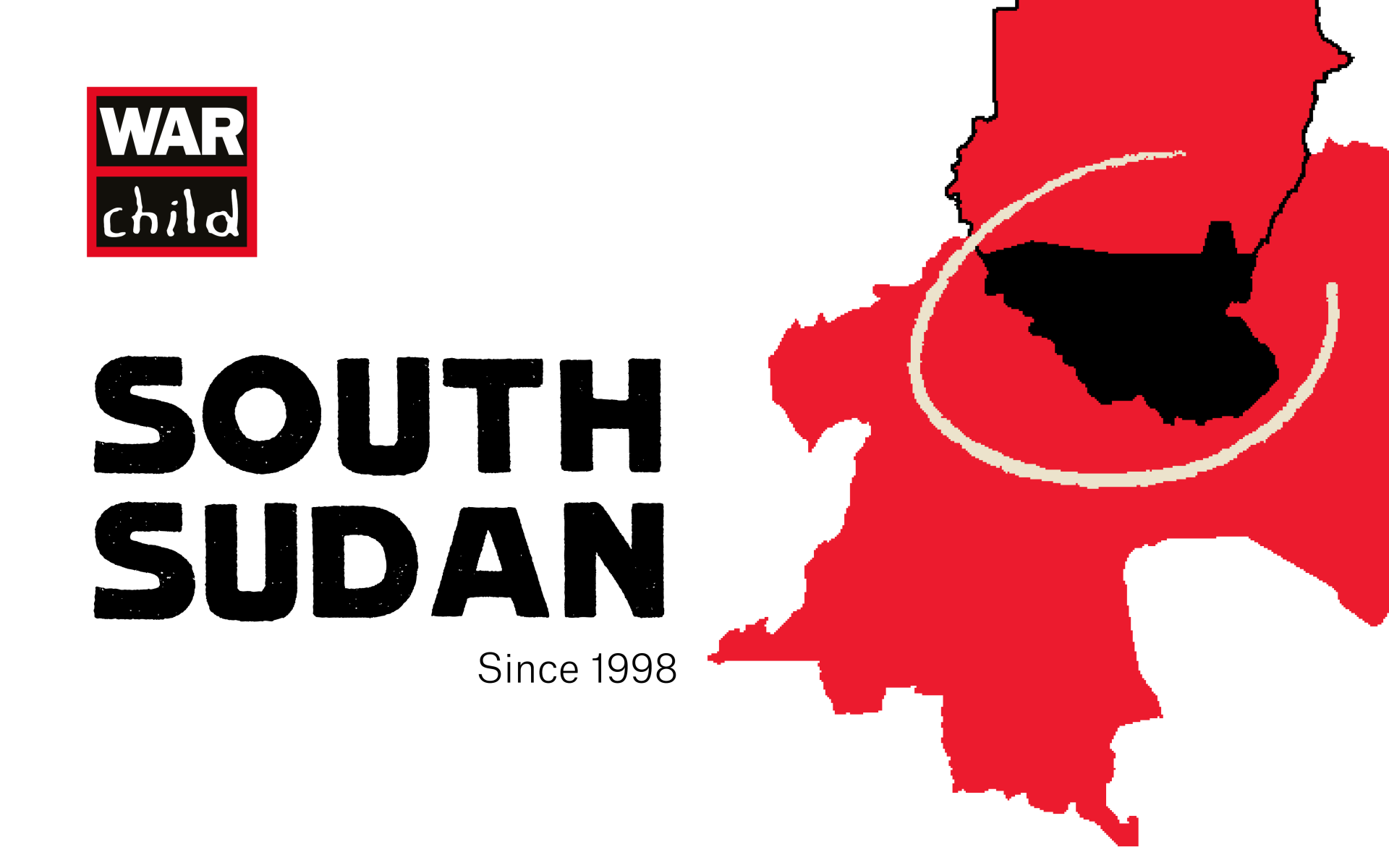Africa

DR Congo
Child participants: 15,465
Adult participants: 6,460
War Child staff: 49
Local partner organisations: One
War Child works in DR Congo to support children affected by violence between armed groups and state forces - violence that has contributed to a severe humanitarian crisis. Our integrated programme combines education, psychosocial support and vocational training to empower children and youth from both refugee and host communities.
Our emergency response to support displaced children in Kalonge saw an increase in cases brought to address individual child rights violations - in particular incidents of gender-based violence.
The education needs of more than 7,100 children were boosted with the distribution of learning materials - and contributed to an improved learning environment. The Addressing Root Causes (ARC) project also saw an additional 433 youth enter vocational training.
The year also saw us strengthen relationships with both state bodies and local humanitarian actors - to ensure our work will continue to be effective.

South Sudan
Child participants: 11,741
Adult participants: 8,506
War Child staff: 40
Local partner organisations: One
War Child's programme in South Sudan is designed to help children cope with the immediate and long-term effect of the country’s ongoing armed conflict. Our programme combines psychosocial support, child protection, non-formal education and livelihoods training to enhanced effect.
The year saw us expand our reach - in partnership with local and international organisations - to provide quality psychosocial support to children who have been associated with armed groups. We also provided training to strengthen the capacity of frontline workers from local and international NGOs to provide psychosocial support - a move which could see thousands of additional children benefit from our methods.

Uganda
Child participants: 11,218
Adult participants: 2,572
War Child staff: 103 (including 63 volunteers)
Local partner organisations: Three
Uganda is the largest refugee hosting country in Africa - currently home to an estimated 1.1 million arrivals from neighbouring states. Over 60 per cent of these refugees are children - and in 2017 we adapted our programme to exclusively focus on their needs. In 2018 we further expanded our presence in refugee settlements.
We provide education and psychosocial support to children and young people from both refugee and host communities. This approach enables children to develop coping skills, build resilience and recover from the consequences of conflict.
The year also saw us roll out four new interventions in the West Nile region in the north of the country - including innovative ed-tech programme Can’t Wait to Learn.

Burundi
Child participants: 38,406
Adult participants: 2,470
War Child staff: 22
Local partner organisations: One
Burundi is one of the poorest countries in Africa - and has been beset by conflict and instability for many years. War Child works inside Burundi to rebuild social structures in partnership with local communities. These efforts serve to strengthen child protection mechanisms and increase access to education and training.
Our country programme came to a temporary halt amid rising tension in October - yet we still enjoyed several successes across the year as a whole. Our work to boost inclusion saw more than 1,200 albino children supported to take part in our activities. We also worked to establish Village Savings and Loans Associations across the east of the country - with proceeds supporting community education activities.

Sudan
Child participants: 89
Adult participants: 91
Staff: 14
Local partner organisations: Can’t Wait to Learn coalition
War Child has focused its efforts in Sudan on education in response to the needs of the country’s high number of out-of-school children. Can’t Wait to Learn - a global programme born out of the highly successful e-Learning Sudan pilot - brings flexible and effective learning opportunities to children who need them most.